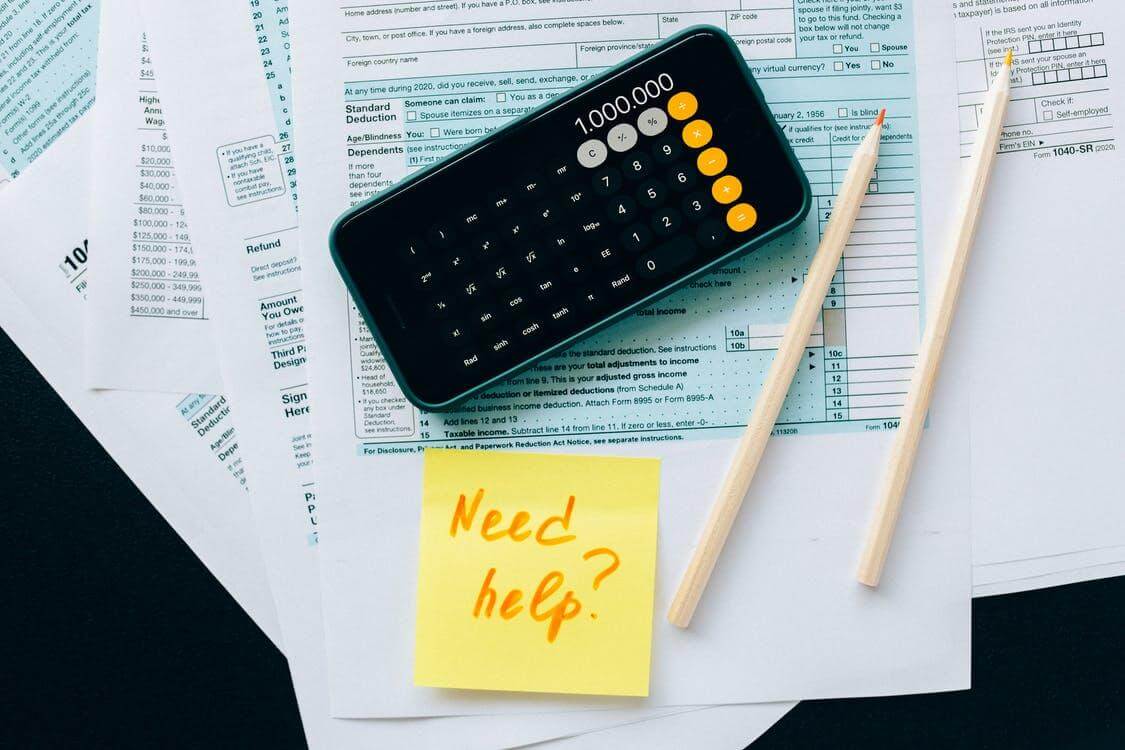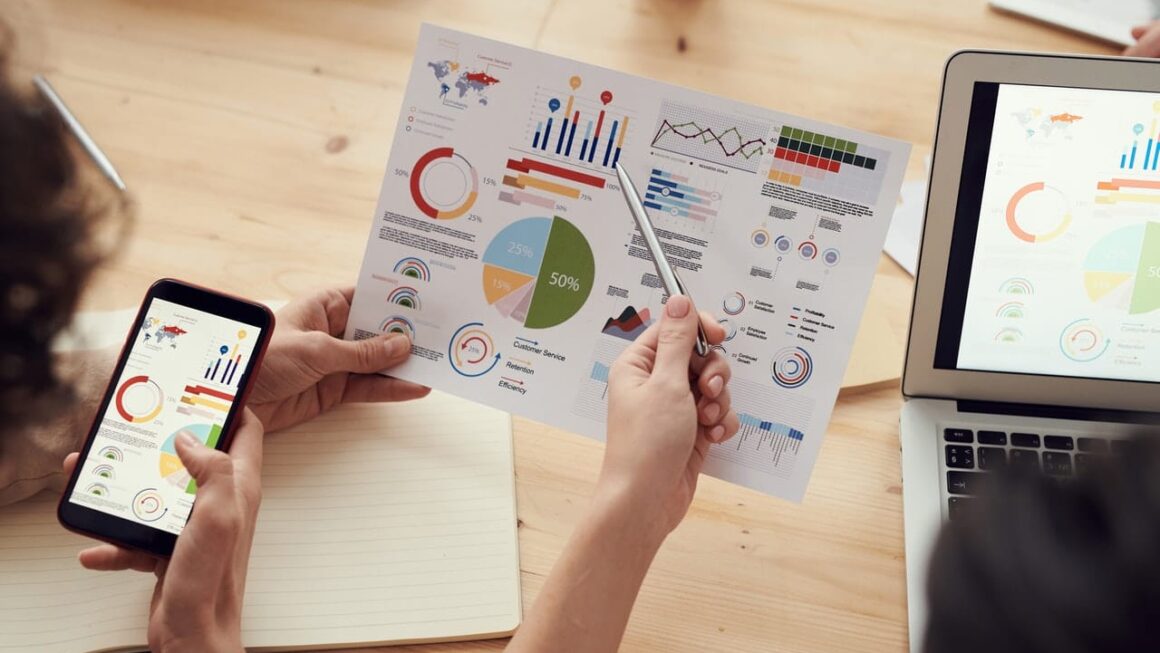While most professional accounting requires a degree, there are cases in which you need to handle financial matters without a formal education. Perhaps you run your own business and just need to balance the books at the end of the day. Or you’re simply want to be able to double-check the figures from your company accounts and make sure no fraudulent transactions have taken place. It can also help you make decisions for your business’s marketing and expansion while keeping cash flow in mind. There are a lot of day-to-day tasks that require accounting knowledge, and you might not want to hire a consultant before making those decisions. In this case, it would be in your best interest to self-learn some accounting basics.
Best Way to Learn Accounting
The best way to achieve your learning objectives is by using a course that can cater to your goals most effectively. It’s possible to try and learn through YouTube videos, but these have certain shortcomings. You are unable to ask questions or explore concepts in depth. You also would have to spend a lot of time looking through different tutorials before finding one that you can trust. Thankfully, there are other methods to learn the basics of accounting without enrolling in college. If you want a quick way to become a certified public accountant, the Wiley CPA course will give you the content, tools, practice, and support you need to ace the exam.
Learn Based on Your Needs
If you’re planning on obtaining an accountant certification at a later stage in your career, you might not benefit from a return to college. While a university degree would give you the most information, it’s also the most expensive and time-consuming option. You could have other factors to consider, such as personal commitments or your job. It’s also possible that you’re working in a field related to business already, and you just need this certification to improve your CV and open new career pathways for you. The benefit of a course like Wiley is that it provides different tiers of learning, so you can select one best suited to your needs.
- Essentials Review Course
This package comes at the most affordable price point, but it includes only the basics. You won’t get any live classes or video sessions with this course. It’s primarily focused on students who need to brush up on the basics and engage in practice exercises, but don’t need to be guided over every little concept. If you have some familiarity with bookkeeping or financial management, but want to formalize your experience, this is the course for you. It’s affordable, does not take up too much time, and would help you refine your existing knowledge.
- Pro Review Course
This course is meant for the person who needs more information and guidance. It provides video lectures and thousands of practice questions, giving you a chance to explore every concept. It does not include any live classrooms, but it does provide some professor mentoring. If you don’t have much accounting-related knowledge but feel confident you can pick it up on your own fairly easily, this is the right course for you. The best part is that you will retain access to the learning materials until you pass the CPA exam.
- Platinum Review Course
While this is the most expensive option, it includes all the Pro course features, plus live class sessions and bonus tests. This course is designed for those students who want to dedicate their time to learning accounting and helping them pass with the best possible score. If you can make the investment, or if you think you need a lot of help and information to secure a passing score, this might be the best option for you.
Also Read: Basics Of Auditing and Its Importance for Business
Learning Techniques to Keep in Mind
Learning through a program is only one of the many ways you can try to master the basics of accounting. You might prefer an online course, a local cram course, or even opt to teach yourself. Regardless of which method you choose to study through, there are a few essential learning methods you must use. Following these tips will help ensure you get the best possible results.
- Become Familiar with Spreadsheets
Unless you have a background in economics, you might not have used Microsoft Excel too much. The program can be a bit intimidating, but it does provide a lot of computational power in accounting tasks. It would be important that you become familiar with this program so you can read and design your own spreadsheets. You don’t need knowledge about advanced mathematics or algebra to figure out how to use Excel or similar programs. Some basic math knowledge and a strong grip on logic would be enough to set you on course.
You should look up some of the most common formulas and shortcuts used in these spreadsheet programs. This will help you balance the books faster, optimize your workflow, and improve your numeric thinking.
- Read From Textbooks
The fastest way to learn anything is by reading the textbooks related to the material. Whether or not you take a course, you will find that most of the information comes from textbooks. Like many other subjects, accounting has concepts that build on top of each other as your progress. You need to make sure you understand the what, why and how of each concept before you progress. If you don’t have a solid grip on chapter 1 and move on to chapter 2, you’ll probably feel very lost and confused by chapter 3.
- Prepare Questions
A study shows that asking questions is one of the most effective learning tools in your arsenal. If you’re taking a program or classes, you can prepare these questions for the instructor. If you’re learning independently, you can ask the questions to any friend or coworker with an accounting background. If you have no one in your life that can help, you can try to post the questions to online forums. Engaging in questions is a very effective way of removing confusion and strengthening your concepts.
Final Thoughts
Learning the basics of accounting can be useful for several different reasons. Whether you simply want to improve your skillset, get a better grip on your business, or expand your career options, you can definitely benefit from taking the time to learn this professional skill. You will need some external help and certification to draw the most benefits. Your exact course of action depends on your end goal.



